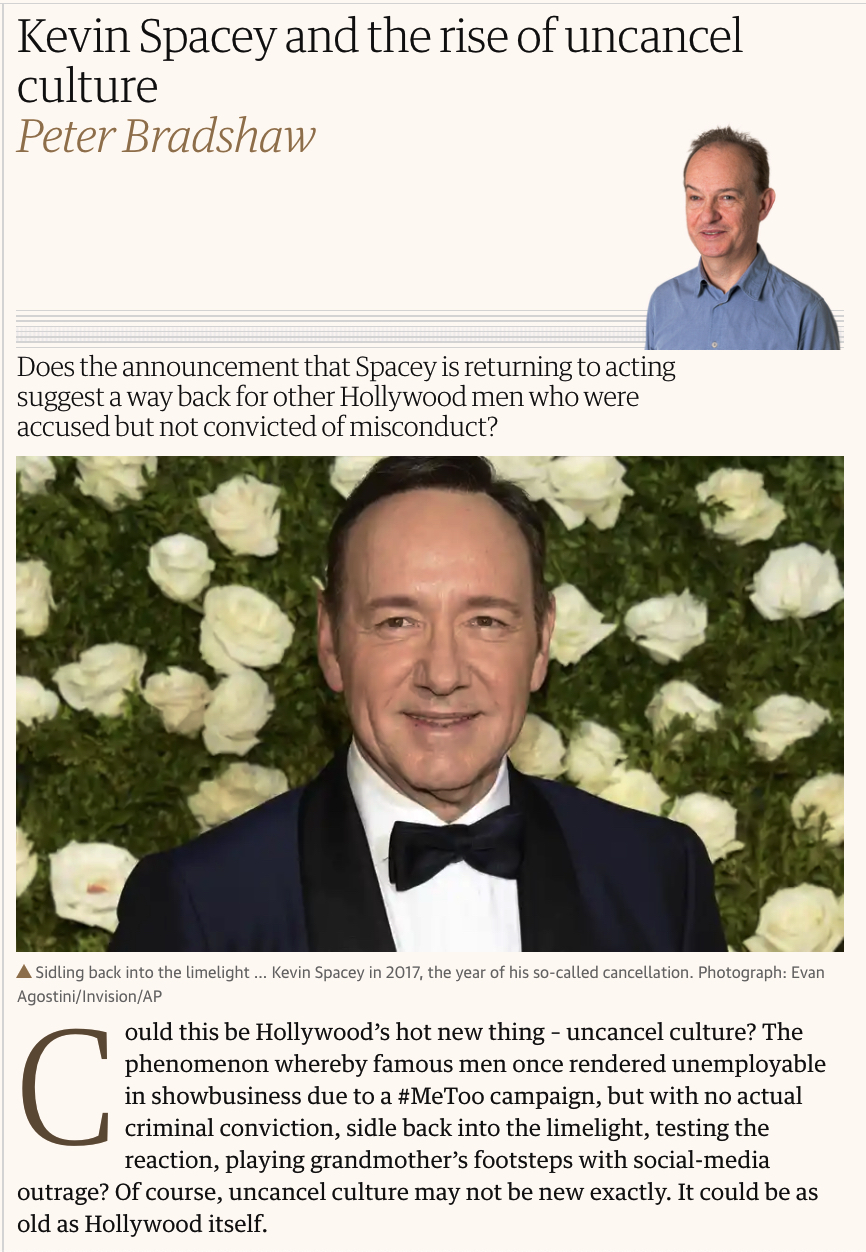I’ve watched these YouTube clips from J.C. Chandor‘s Margin Call at least a dozen times and possibly more than that. They radiate serious grip — a magnificent feeling of real-world psychological tension and unspoken currents — the kind of thing that I live for (or used to live for) when I went to screenings and public showings.
Margin Call premiered at Sundance in January ’11 (I attended the first press screening at the Holiday Cinemas), and by the time it opened the following October Chandor was well branded as a leading young light — a serious-focus, auteur-level helmer who, it was presumed, would make moviegoing for educated over-35s a slightly less draining experience.
This presumption was happily fulfilled with the brilliant All Is Lost (’13), containing Robert Redford‘s greatest performance, and A Most Violent Year (’14), an excellent Queens-based noir about a family business.
In July 2014 Chandor was hired to direct Deepwater Horizon, but by January 2015 he’d left the project over creative differences (i.e., head-butting arguments with Mark Wahlberg). And then, four years later, came Triple Frontier, a Netflix thing which I found fully realistic and satisfying except for the finale when the thieves decide to give a significant portion of the dough to Ben Affleck‘s calorically-challenged daughter. If it was my call, she’d get Affleck’s share and no more.
Last August Chandor, one of the true good guys of cinema and a reach-for-the-sky craftsman and visionary, was hired to direct Kraven, The Hunter with Aaron Taylor-Johnson playing the titular character. The release date — 1.13.23 — tells you everything.
We all have to earn money and keep the lamps burning, but the idea of Chandor directing Kraven is, no offense, shattering.
You also have to acknowledge how brilliant Kevin Spacey is in these scenes, and you have to ask yourself, in the wake of Spacey having been hired to play a detective (a supporting role) in a new Franco Nero film, whether he should be shunned for the rest of his life, as the wokesters would have it, or whether he should just be permanently labelled as a predatory, not-nice person when it comes to younger guys but allowed to work because he’s so damn good.
The latter view is not a popular opinion, which is why I wrote the preceding paragraph as a question — an either-or proposition.
The movie realm is unfortunately filled to the brim with not-nice people (actors, agents, producers), all drinking from the trough and living abundant lives. Agreed — allegations about Spacey’s sexual behavior, reaching back to the early ’90s and until his ex-communication in late 2017, sound heinous. Then again he’s never been convicted of anything. The cancellation pattern generally means a year or two (or perhaps three) in the wilderness, and then being allowed to creep back in on an incremental basis.
Paul Schrader on Facebook: “About time. If [Spacey] is guilty of a crime, incarcerate him. If not, let him act. Many great artists have been bad people.”
Schrader in 2018: “I believe there are crimes in life but no crimes in art. Spacey should be punished for any crimes his actual person created. But not for art. All art is a crime. Punishing him as an artist only diminishes art. Put Celine in jail, put Pound in jail, punish Wilde and Bruce if you must, but do not censor their art.”

